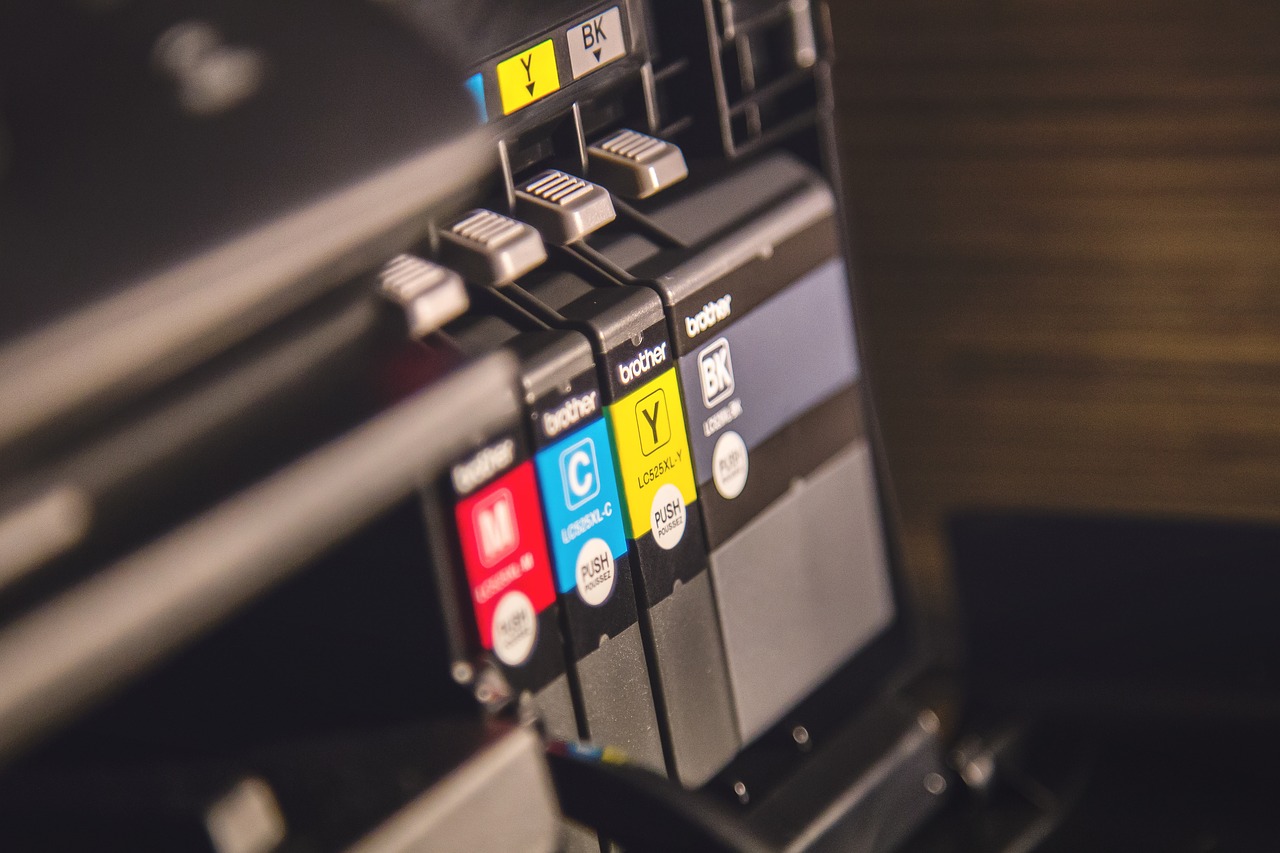 INFRA
INFRA
 INFRA
INFRA
 INFRA
INFRA
In a win for consumers and businesses alike, the U.S. Supreme Court ruled Tuesday that companies can’t use patent laws to prevent secondary uses of their products in a case that, not surprisingly, involved printer cartridges.
In the case, Lexmark International Inc. argued that Impression Products Inc., a company that refills and sells used Lexmark printer cartridges, was breaching Lexmark’s patents. The plaintiff said refilling and reselling its cartridges constituted a breach of its patents because the cartridges were originally sold on the condition that they not be reused after the ink runs out.
Although the argument may sound spurious given that the right to resell and reuse most items is legal, it was one that had, until now, been upheld by the U.S. Court of Appeals for the Federal Circuit. It had previously ruled that while the general rule was that buyers of patented products could do with them what they wished once they had purchased them, the conditions Lexmark placed on the sale of its cartridges could be enforced as a matter of patent law for sales.
In a 7-1 decision, the Supreme Court overturned the lower court’s ruling, finding that Lexmark could not use the patent laws to enforce the contractual conditions it placed on the sale of its cartridges. “A patentee’s decision to sell a product exhausts all of its patent rights in that item, regardless of any restrictions the patentee purports to impose,” Chief Justice John Roberts said in the ruling. “As a result, even if the restrictions in Lexmark’s contracts with its customers were clear and enforceable under contract law, they do not entitle Lexmark to retain patent rights in an item that it has elected to sell.”
Roberts argued that restricting secondary sales was a restriction of commerce, and likened the case to that of second-hand cars. “Take a shop that restores and sells used cars. The business works because the shop can rest assured that, so long as those bringing in the cars own them, the shop is free to repair and resell those vehicles…. When a company chooses to sell an item, that product is no longer within the limits of the monopoly and instead becomes the private individual property of the purchaser, with the rights and benefits that come along with ownership,” Roberts added.
The case pertained to Lexmark, but the ruling has far broader implications, not only when it comes to other companies that produce printer cartridges such as HP Inc., but to any device maker that tries to impose limits on how products they have created can be used once they have been sold. Bloomberg noted that biotechnology, drug and agricultural industries backed Lexmark in the dispute, with one company, medical-device maker Medtronic Inc. arguing that allowing the reuse of devices such as cardiac catheters could imperil patients and expose the original manufacturers to lawsuits.
THANK YOU